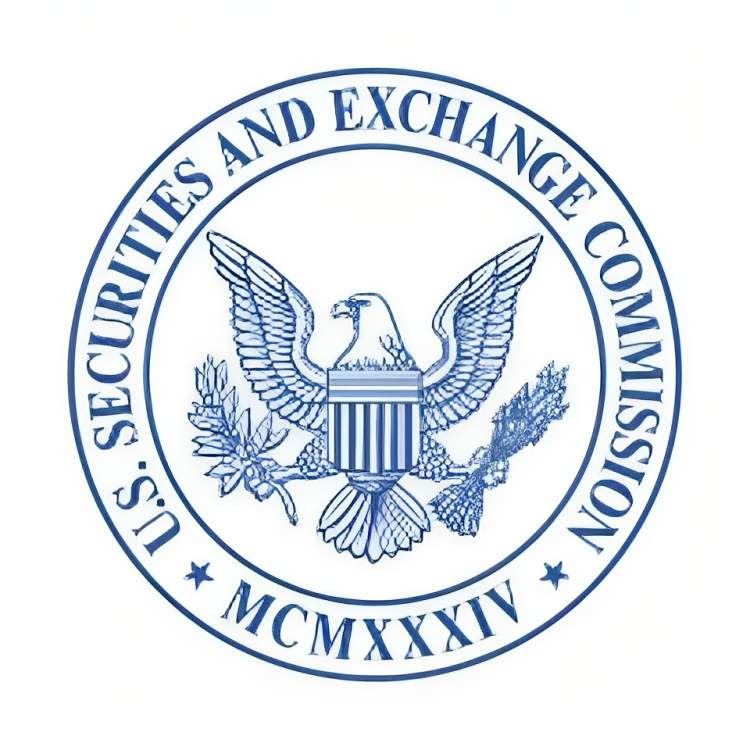
The US Supreme Court Strikes Down SEC’s Use of In-House Tribunals in Fraud Cases
In a landmark decision on Thursday, the Supreme Court ruled against the Securities and Exchange Commission’s (SEC) practice of using in-house tribunals to enforce rules against securities fraud. Chief Justice John G. Roberts Jr., writing for a conservative majority, asserted that this practice violated defendants’ Seventh Amendment right to a jury trial.
The case centred on George Jarkesy, a hedge fund manager accused of misleading investors, whose case was adjudicated by an SEC administrative law judge rather than in federal court. The Court’s decision, which divided along ideological lines, emphasised the constitutional right of defendants to a jury trial in fraud cases.
Justice Sonia Sotomayor, dissenting with Justices Elena Kagan and Ketanji Brown Jackson, criticised the majority for overturning established precedent and argued that Congress had the authority to empower administrative agencies to adjudicate civil proceedings.
The ruling has significant implications beyond the SEC, potentially impacting other regulatory bodies such as the Federal Trade Commission, Internal Revenue Service, and Environmental Protection Agency, which also rely on administrative proceedings for enforcement actions. It marks another step in the ongoing legal battles aimed at redefining the scope and authority of the administrative state, particularly under a conservative-dominated Supreme Court.




